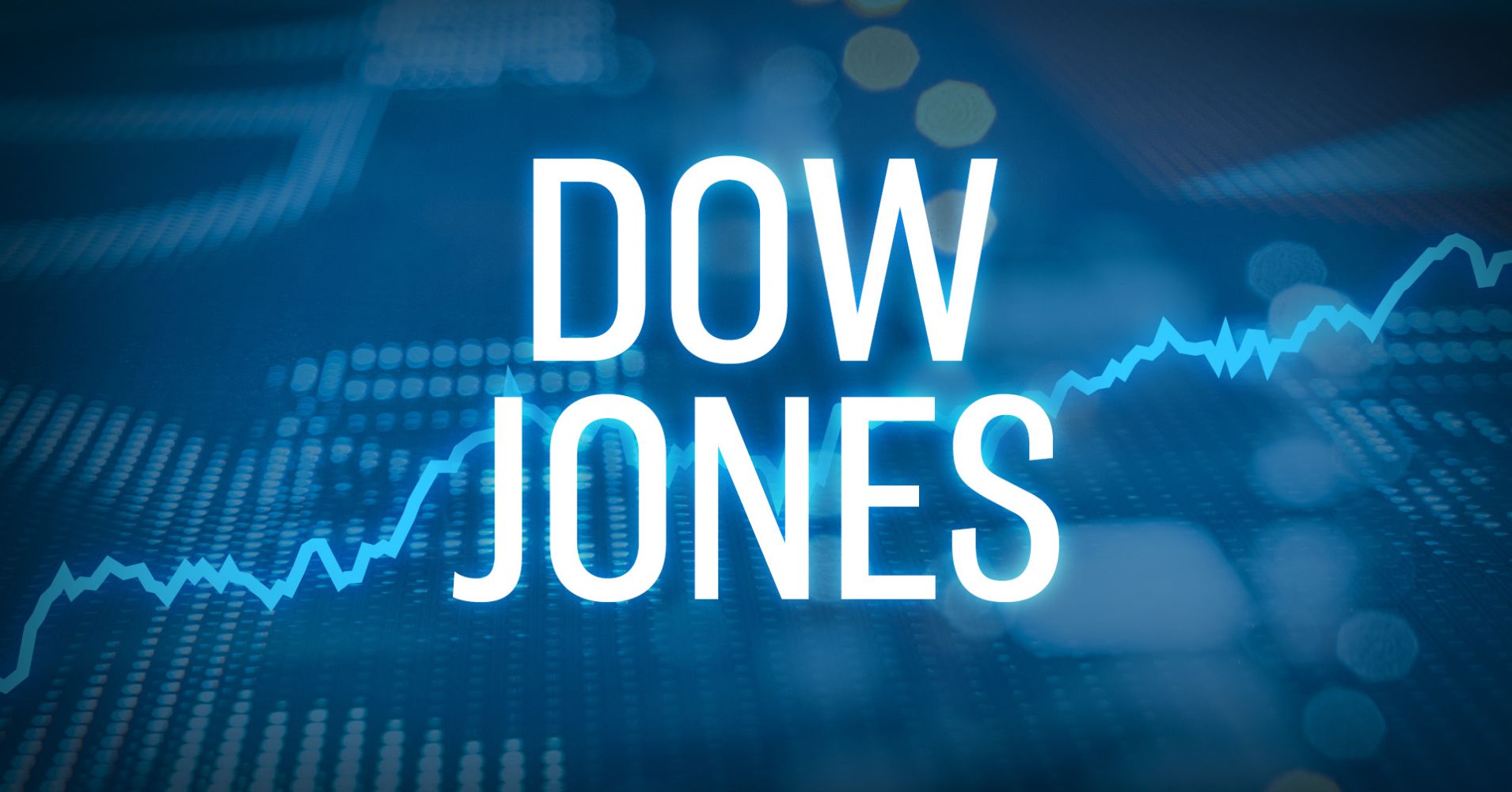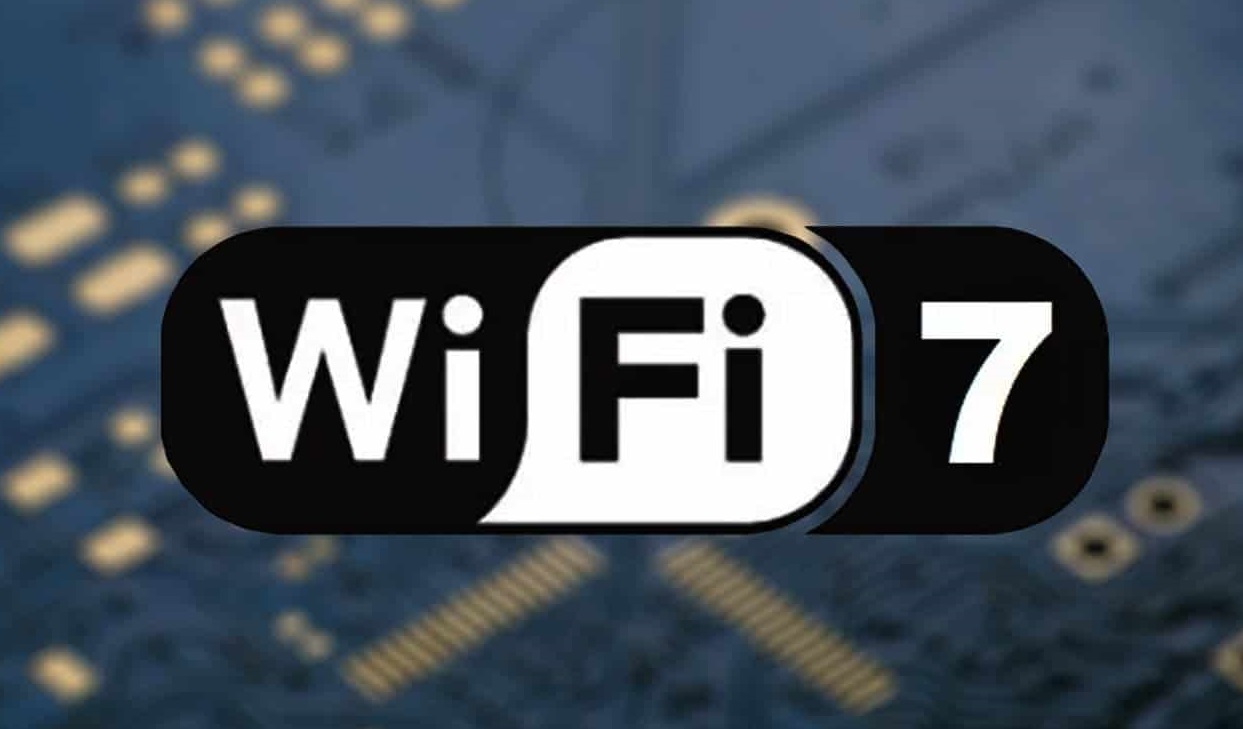Introduction
The Global Blockchain Technology Market is projected to exceed USD 12,895 Billion by 2032, with a remarkable Compound Annual Growth Rate (CAGR) of 68% between 2023 and 2032.
Blockchain technology has emerged as a groundbreaking innovation that is revolutionizing various industries across the globe. It is a digital ledger system that securely records and verifies transactions, eliminating the need for intermediaries like banks or governments. In simpler terms, blockchain can be thought of as a decentralized and transparent database that stores information in a series of blocks, each linked to the previous one, creating an immutable and tamper-proof record. This technology has gained widespread attention due to its potential to enhance security, transparency, and efficiency in sectors such as finance, supply chain, healthcare, and more. As blockchain continues to evolve, it is reshaping the way transactions are conducted and opening up new possibilities for businesses and individuals alike.
The blockchain technology market refers to the ecosystem of companies, organizations, and developers involved in the development, implementation, and adoption of blockchain technology. It encompasses blockchain platforms, applications, and services that leverage the unique features of this technology. The market is witnessing rapid growth as businesses recognize the transformative potential of blockchain. It offers solutions for secure and transparent transactions, smart contracts, decentralized applications (DApps), and digital asset management. With its ability to provide trust, traceability, and efficiency, the blockchain technology market is poised for significant expansion in the coming years.

Several factors are driving the growth of the blockchain technology market. Firstly, blockchain offers enhanced security and immutability, making it an attractive solution for industries that require secure and tamper-proof record-keeping. Secondly, the technology provides transparency and traceability, particularly beneficial in supply chain management and financial transactions. Additionally, blockchain enables faster and more efficient transactions, eliminating the need for intermediaries and reducing costs. These factors, along with increased awareness and acceptance of blockchain, are propelling the market’s expansion.
While blockchain technology holds immense potential, there are challenges to overcome. One primary challenge is scalability, as blockchain networks often face limitations in handling a large number of transactions simultaneously. Another challenge is interoperability, ensuring seamless communication and integration between different blockchain platforms. Additionally, regulatory frameworks and legal considerations surrounding blockchain are still evolving, which can create uncertainty and hinder widespread adoption. Overcoming these challenges will be crucial for the continued growth of the blockchain technology market.
The blockchain technology market presents significant opportunities for new players. With the continuous development and exploration of blockchain applications, there is ample space for innovative startups and entrepreneurs to enter the market. New players can develop and offer specialized blockchain solutions tailored to specific industries or niche markets. They can also focus on addressing the scalability and interoperability challenges by introducing novel approaches and technologies. Moreover, as blockchain adoption expands globally, new players can tap into untapped markets and contribute to the growth of the overall ecosystem. However, navigating the competitive landscape, building trust, and establishing strategic partnerships will be essential for new entrants to succeed in this dynamic market.
Key Takeaways
- The Blockchain Technology Market is projected to exceed USD 12,895 Billion by 2032, with a remarkable Compound Annual Growth Rate (CAGR) of 68% between 2023 and 2032.
- The Public Cloud segment dominated the market in 2022, capturing over 62% share.
- Infrastructure & Protocols held a dominant position in 2022, with over 65.4% market share.
- Payments segment led the market in 2022, capturing over 44% share.
- Large Enterprise segment dominated the market in 2022, with over 68.5% share.
- Banking, Financial Services, and Insurance (BFSI) segment held a dominant position in 2022, with over 40% share.
- In 2022, North America held a dominant market position in the blockchain technology sector, capturing more than a 39% share of the global market. The demand for Blockchain Technology in North America was valued at USD 28 billion in 2023 and is anticipated to grow significantly in the forecast period.
Blockchain Technology Statistics
- Over 300 million people globally are actively using blockchain technology.
- 28% are interested in blockchain applications, dApps, and the technologies used to develop them.
- In 2023, the financial services industry accounted for the largest share of the blockchain market, with a value of $1.92 billion.
- 73% of organizations in the United States had adopted or were planning to adopt blockchain technology by the end of 2023.
- The adoption of blockchain technology in the supply chain and logistics sector grew by 32% in 2023, driven by the need for increased transparency and traceability.
- In 2023, the use of blockchain technology in the healthcare industry for secure data sharing and electronic health records management increased by 28%.
- 61% of executives reported that their companies had some involvement with blockchain technology in 2023.
- In 2023, the implementation of blockchain-based digital identity solutions increased by 22%, addressing concerns around data privacy and security.
- By the end of 2024, the adoption of blockchain technology in the gaming industry for secure in-game asset management and ownership will grow by 45%.
Emerging Trends
- Decentralized Finance (DeFi): DeFi represents a shift from traditional, centralized financial systems to peer-to-peer finance enabled by blockchain technology. This trend allows for more accessible financial services, including loans, insurance, and savings programs, without the need for intermediaries like banks.
- Non-Fungible Tokens (NFTs): NFTs have emerged as a revolutionary way to buy, sell, and trade digital assets, such as art, music, and videos, with blockchain ensuring the uniqueness and ownership of these items. This trend has opened new avenues for artists and creators to monetize their work.
- Supply Chain Transparency: Blockchain is increasingly used to make supply chains more transparent. By recording every step a product takes from manufacture to delivery on a blockchain, companies can provide undeniable proof of authenticity and ethical sourcing.
- Smart Contracts: These are self-executing contracts with the terms of the agreement directly written into code. Smart contracts automate and enforce contractual agreements, reducing the need for intermediaries and increasing efficiency and security.
- Blockchain in Healthcare: Blockchain technology is being explored for securely storing and sharing medical records, ensuring privacy and integrity while improving the interoperability of health information systems.
Use Cases For Blockchain Technology
- Financial Transactions: Blockchain enables faster, cheaper, and more secure transactions. This includes cross-border payments, remittances, and micropayments, significantly benefiting those without access to traditional banking services.
- Voting Systems: Blockchain can be used to create secure and transparent digital voting systems, reducing the risk of fraud and ensuring the integrity of electoral processes.
- Identity Verification: With blockchain, digital identities can be verified and stored securely, offering a solution to identity theft and fraud. This has applications in online verification processes, including banking, government services, and online marketplaces.
- Real Estate: By recording property ownership on a blockchain, the process of buying and selling real estate can be made more efficient, transparent, and secure, reducing the likelihood of fraud and errors.
- Intellectual Property Protection and Royalty Management: Blockchain provides a clear and unalterable record of intellectual property ownership, streamlining the process of paying royalties to creators and inventors.
Recent Developments
- Microsoft (March 2023): They introduced Azure Confidential Computing for Blockchain. This makes blockchain apps on their cloud more secure. It’s like adding a stronger lock to your digital information.
- IBM (May 2023): IBM teamed up with Walmart to look into using blockchain for making sure food supply chains are clear and trustworthy. Imagine being able to track your food’s journey from farm to plate easily.
- Deloitte (August 2023): Deloitte shared a report about how blockchain can help with environmental goals. It’s like finding a smart way to make businesses greener and more sustainable.
- Oracle (September 2023): Oracle made their Blockchain Cloud Service work with Microsoft Azure. This means businesses can use blockchain across different cloud platforms more smoothly, like making two different building blocks fit together perfectly.
- Digital Asset Holdings (December 2023): They partnered with Singapore Exchange to create a new platform for trading tokenized securities using blockchain. This is a bit like modernizing the stock market, making it more efficient and secure with new technology.
Conclusion
In conclusion, the blockchain technology market is poised for significant growth and transformation across various industries. This innovative technology offers enhanced security, transparency, and efficiency, making it an attractive solution for businesses and organizations worldwide. The market is being driven by factors such as the need for secure and tamper-proof record-keeping, transparency in supply chain management, and the elimination of intermediaries in transactions.
However, the market also faces challenges, including scalability, interoperability, and evolving regulatory frameworks. Overcoming these challenges will be crucial for the widespread adoption of blockchain technology. Nonetheless, the market presents ample opportunities for new players to enter with specialized solutions and tap into untapped markets. As blockchain continues to evolve, it has the potential to revolutionize industries, reshape business processes, and create new opportunities for innovation and growth. The future of the blockchain technology market holds exciting possibilities, and its impact on various sectors is set to be transformative in the years to come.
ABOUT AUTHOR

Kundan Goyal possesses a wealth of experience in Digital Marketing, offering valuable insights to businesses of all sizes. He actively contributes to industry-specific PR, news outlets, and forums, shaping discussions and driving forward-thinking strategies. Outside of work, HE enjoys carrom and has a deep passion for news editing and research. His strength lies in helping companies make informed, strategic decisions and predicting future trends. With his dedication and innovative approach, he is a versatile professional who brings a unique blend of skills and expertise to the ever-evolving digital landscape, enabling businesses to thrive in this dynamic environment.








